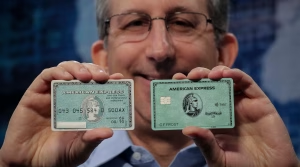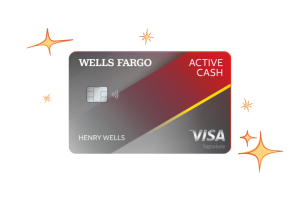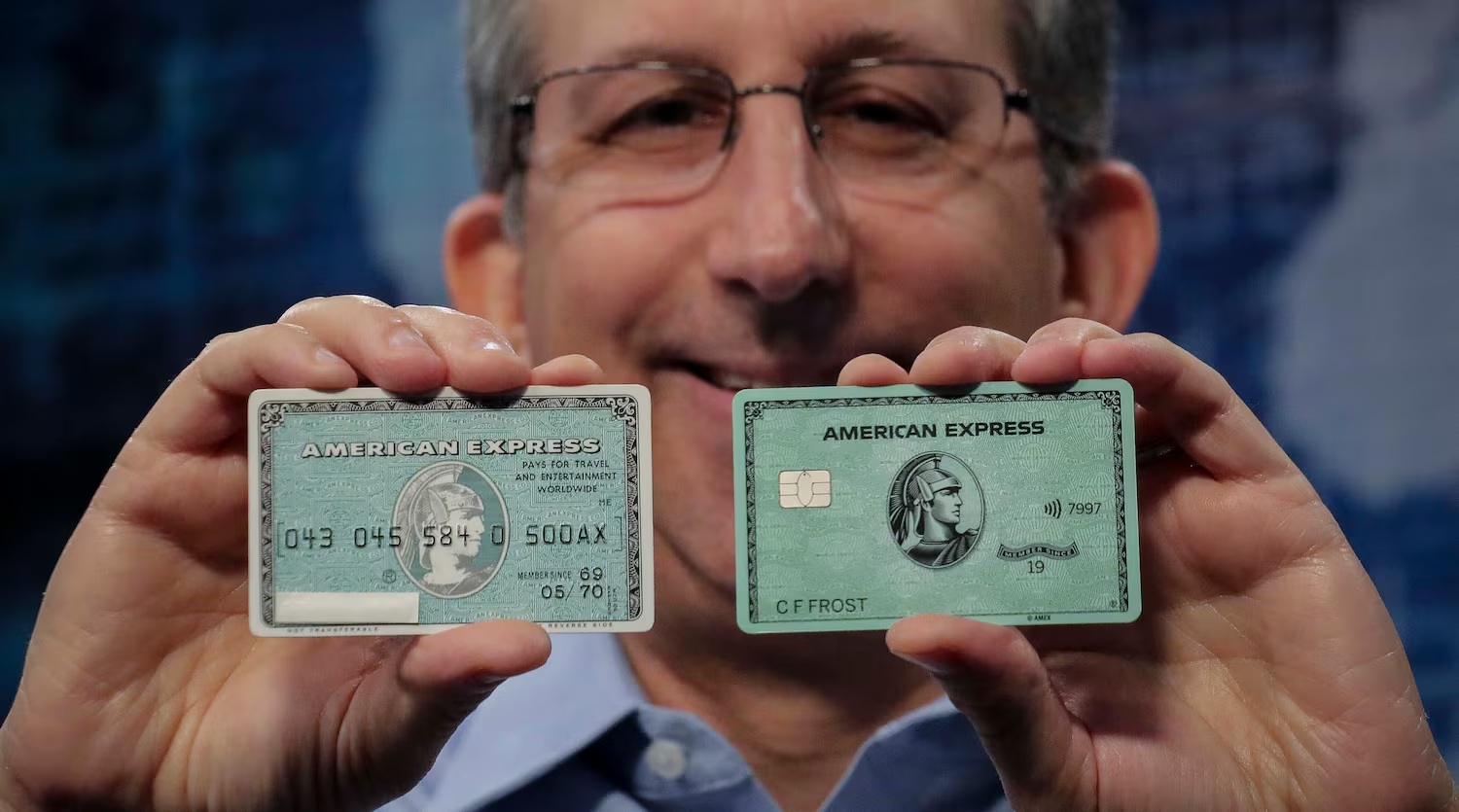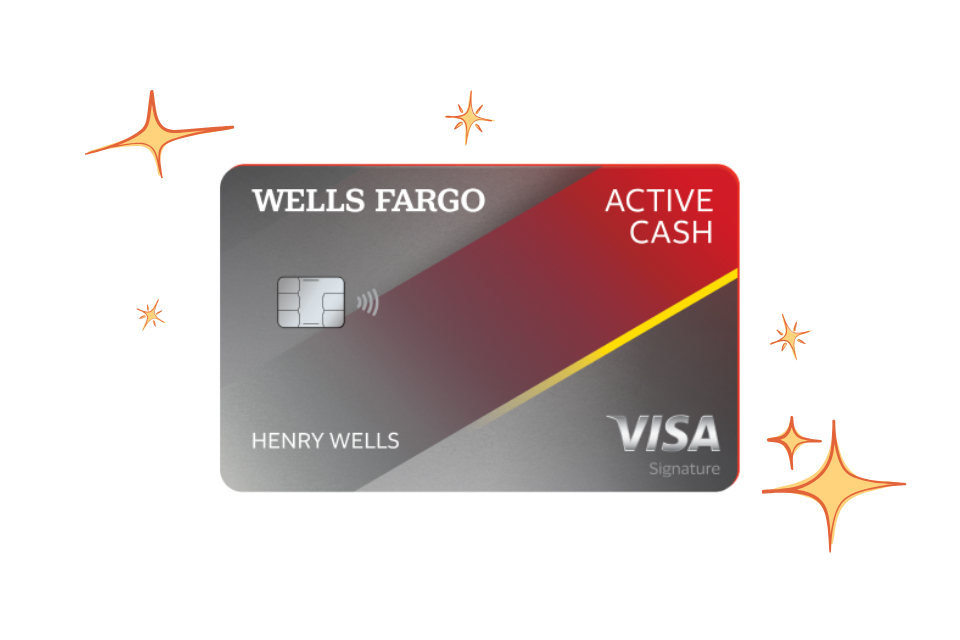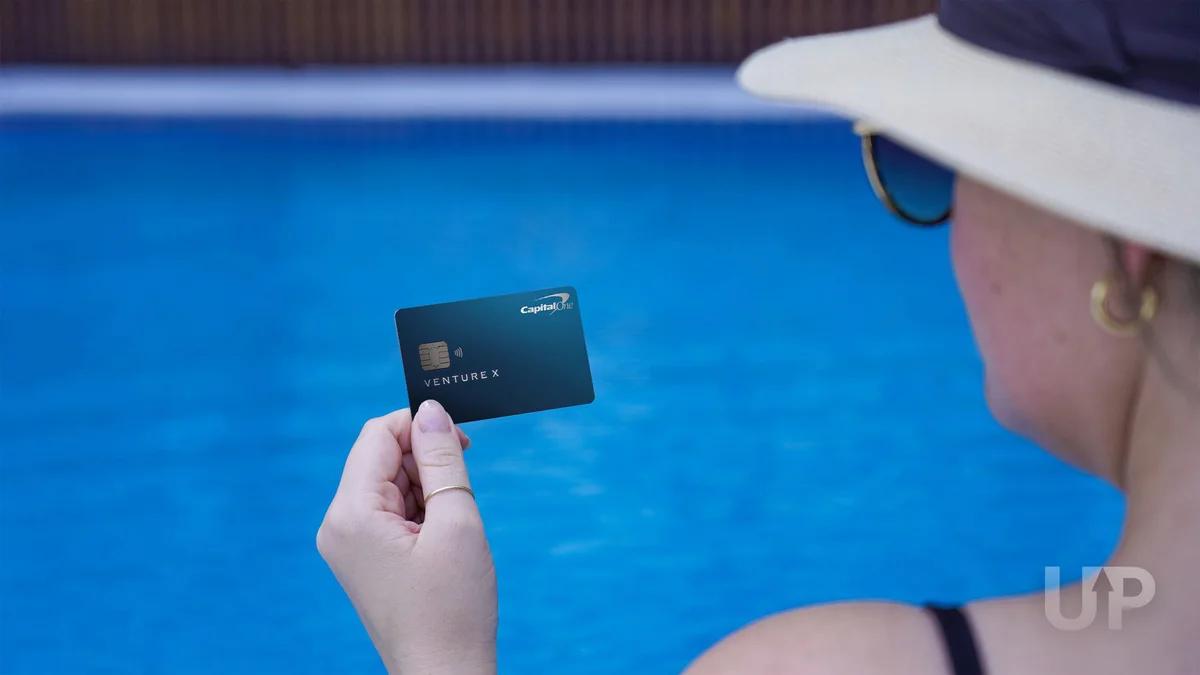So, you’ve taken the leap! You’re starting a business in the United States, or maybe you’ve been running one for a while. You’re juggling ideas, clients, marketing, and about a million other things. In the early days (and sometimes, let’s be honest, even later on), it’s easy for your business’s money and your personal money to become… well, one big, messy blur. You pay for office supplies with your personal card, reimburse yourself later, and use your personal checking account for client payments. Sound familiar?
While it might seem convenient, mixing personal and business finances is a recipe for headaches come tax time, makes accounting a nightmare, and can actually hold your business back. One of the simplest, most effective steps you can take to professionalize your operation and keep things clean is getting a dedicated business credit card. It’s not just about having more spending power; it’s about creating a clear line in the sand between you and your business entity. Let’s explore why a US business credit card is essential for this separation and how it can benefit you.
Why Mixing Finances is a Bad Idea (Seriously, Stop It!)
Before we dive into business cards, let’s quickly hammer home why commingling funds is a no-go:
- Tax Nightmares: Trying to figure out which expense on your personal statement was for the business and which was for your weekend groceries is incredibly time-consuming and increases the chance of errors (or missed deductions) when filing taxes.
- Accounting Headaches: Bookkeeping becomes a confusing mess. It’s hard to track business profitability when expenses and income are all jumbled up with personal spending.
- Legal & Liability Issues: If your business is structured as a separate legal entity (like an LLC or Corporation), mixing personal and business funds can “pierce the corporate veil.” This means a court could potentially hold you personally liable for business debts or lawsuits, erasing the legal protection your business structure is supposed to provide. Yikes.
- Difficulty Getting Business Financing: When you need a business loan or line of credit down the road, lenders want to see clear business financials. A messy mix makes your business look less professional and harder to evaluate.
- Missed Business Insights: You can’t truly understand how profitable your business is if you don’t have a clear picture of its dedicated income and expenses.
Enter the Business Credit Card: Your Untangling Tool
A business credit card is specifically designed for business expenses. It’s a powerful tool for several reasons:
- Clear Separation: This is the big one. All business-related spending goes on the business card. Period. This immediately creates a clean record of business expenses, separate from your personal life.
- Simplified Expense Tracking: Your monthly business credit card statement becomes a neat, categorized report of where your business money went. This makes bookkeeping and tax preparation exponentially easier. Many business cards offer enhanced expense reporting tools, categorization features, and even integration with accounting software like QuickBooks.
- Building Business Credit: Just like personal credit, businesses can build their own credit history. Using a business credit card responsibly (paying on time, keeping utilization low) helps establish your business’s credit profile, which is crucial for getting loans, better terms with suppliers, and future financing. Note that for small businesses, many business cards will still require a personal guarantee and may report activity to both business and personal credit bureaus, especially initially.
- Higher Spending Limits: Business cards often offer higher credit limits than personal cards, reflecting the potentially larger expenses associated with running a business.
- Business-Focused Rewards: Many business cards offer rewards tailored to business spending, like bonus points on office supplies, internet/phone services, advertising, or travel.
- Employee Cards: Most business cards allow you to get additional cards for employees, letting them make approved purchases while you retain control and track spending easily from the main account.
- Improved Cash Flow Management: Using a business credit card provides a short-term interest-free loan (during the grace period) for your business expenses, helping you manage cash flow more effectively, especially if client payments are staggered.
Applying for a US Business Credit Card
Getting a business credit card, especially for a new business or sole proprietorship, often relies heavily on your personal creditworthiness. Lenders want to see that you, the person behind the business, have a history of handling credit well.
- You’ll typically need to provide your business name, address, structure (sole prop, partnership, LLC, Corp), Employer Identification Number (EIN) if you have one (sole props might use their SSN), and your estimated annual business revenue.
- You will also almost certainly need to provide your personal Social Security Number (SSN) and consent to a personal credit check. Your personal credit score will be a major factor in approval, credit limit, and interest rate.
- Be prepared for a personal guarantee, meaning you are personally liable for the business debt if the business cannot pay.
Choosing the Right Business Card
Just like personal cards, business cards come with different features. Consider:
- Your Business Spending: Where do you spend the most? Choose a card with bonus categories that match (e.g., office supplies, gas, online ads).
- Rewards Structure: Do you prefer cashback or travel points?
- Fees: Look at annual fees and foreign transaction fees if you do international business.
- Employee Card Features: How easy is it to get and manage employee cards? What reporting tools are available?
- Credit Reporting: Understand which credit bureaus (personal and/or business) the card issuer reports to.
Living the Separated Life: Best Practices
Once you have your business card, commit to using it correctly:
- Strictly Business Expenses Only: Absolutely no personal spending on this card. Buy coffee for a client meeting? Business card. Buy coffee for yourself on a Saturday? Personal card. Be disciplined!
- Pay in Full (Whenever Possible): Just like personal cards, carrying a balance incurs interest, eating into business profits. Pay the statement balance in full every month to leverage the grace period.
- Keep Utilization Low: Maintain a low credit utilization ratio on your business card (under 30% is ideal) to help build a strong business credit profile and avoid negatively impacting your personal score (if reported).
- Use the Card’s Tools: Take advantage of the expense reporting features, categorization, and accounting software integration your business card offers.
Getting a US business credit card is far more than just getting more credit; it’s a fundamental step in building a solid financial foundation for your entrepreneurial venture. It creates clarity, simplifies operations, protects your personal assets, and helps your business establish its own financial identity. Stop the commingling chaos, get a business card, and set your business up for cleaner accounting and a stronger financial future.

